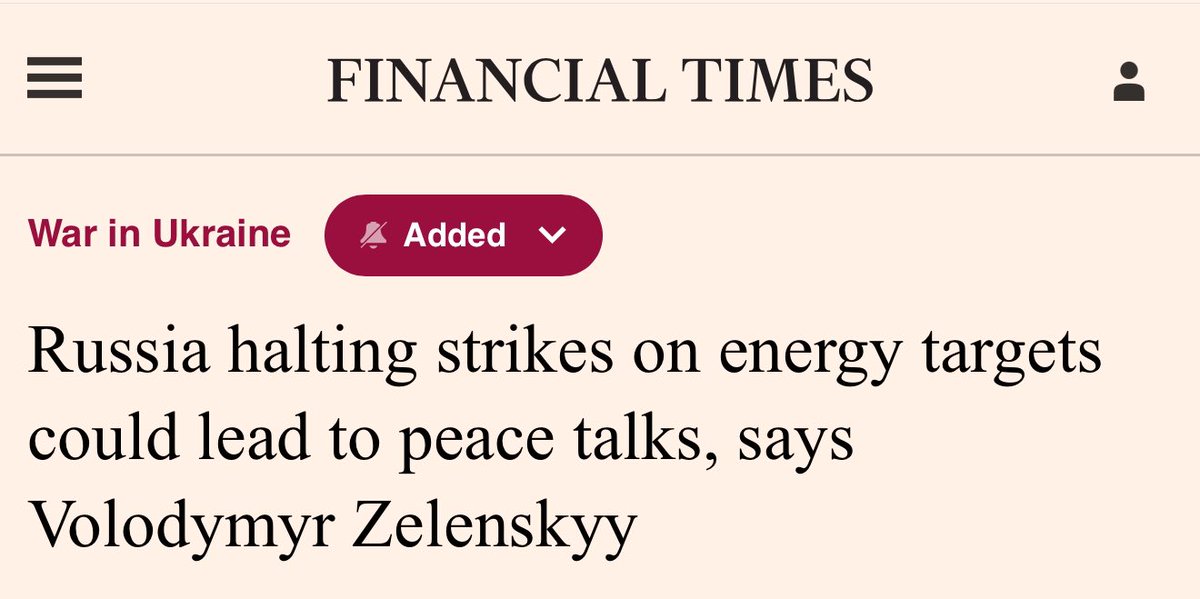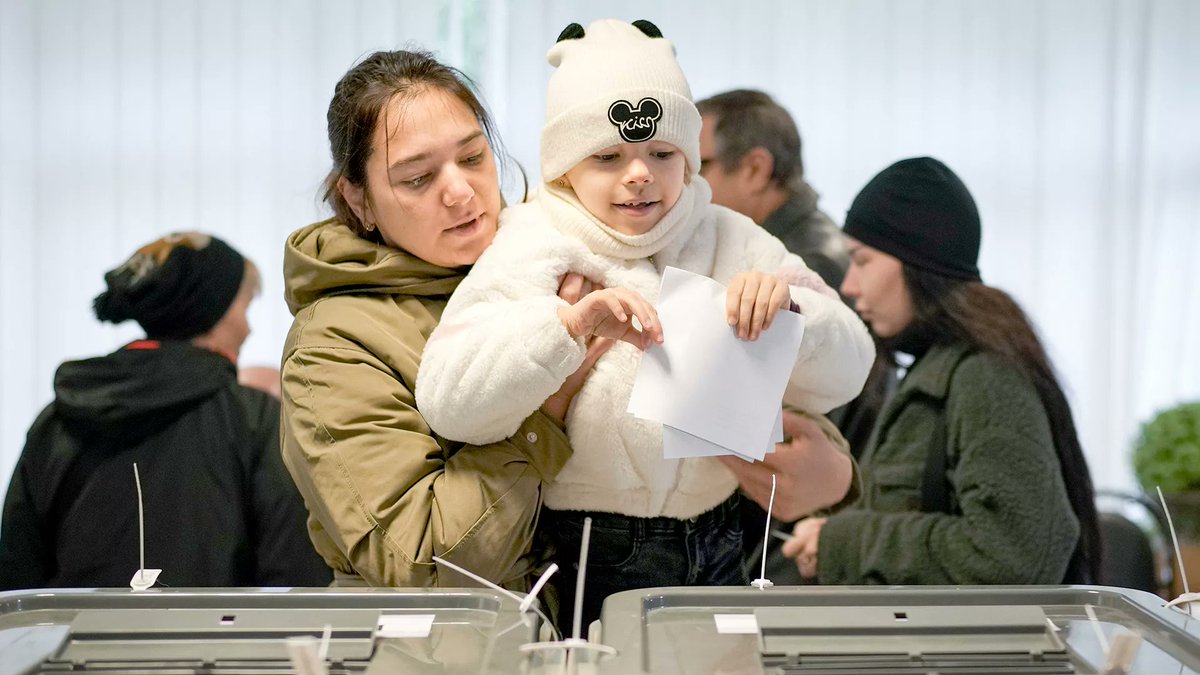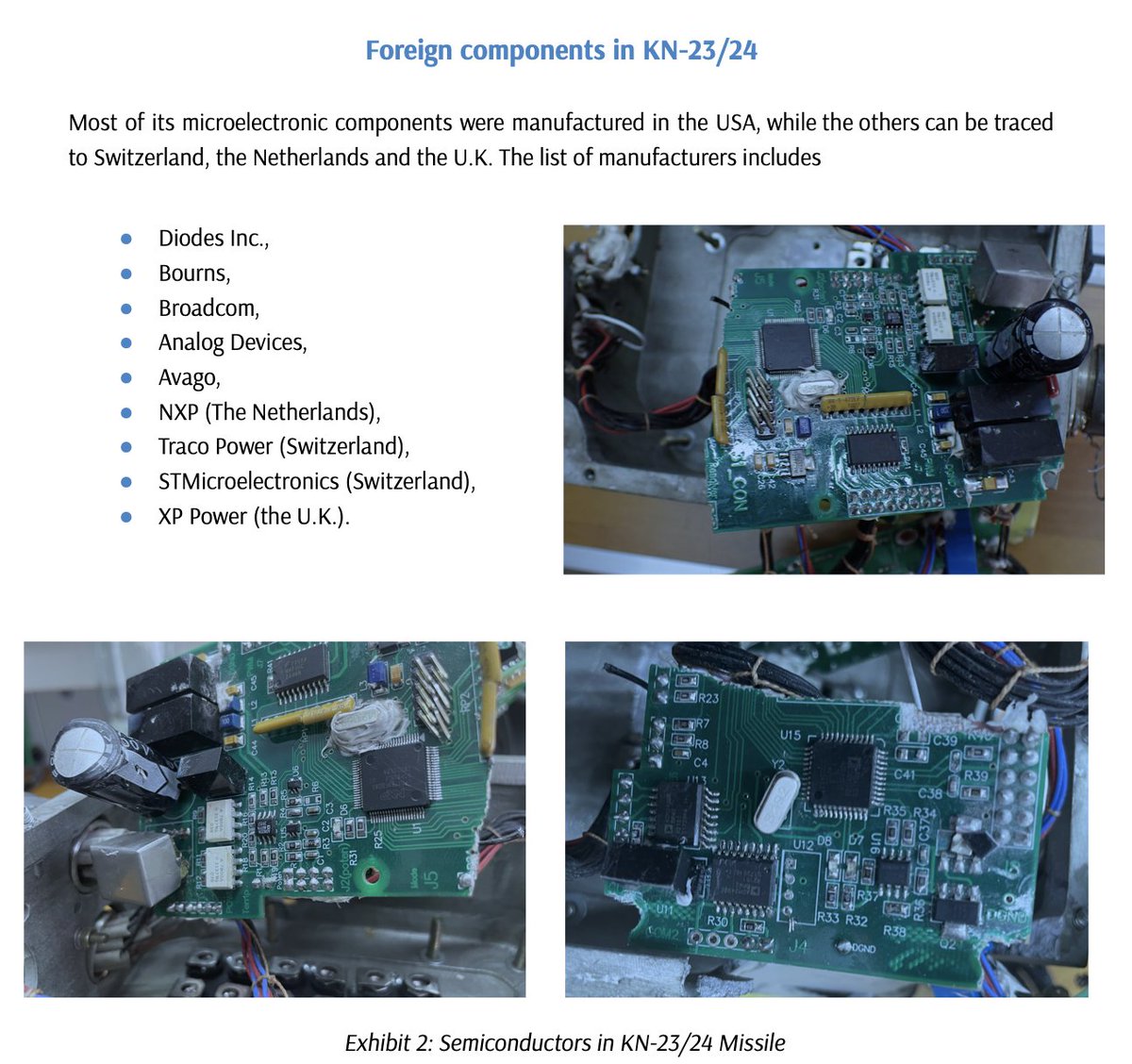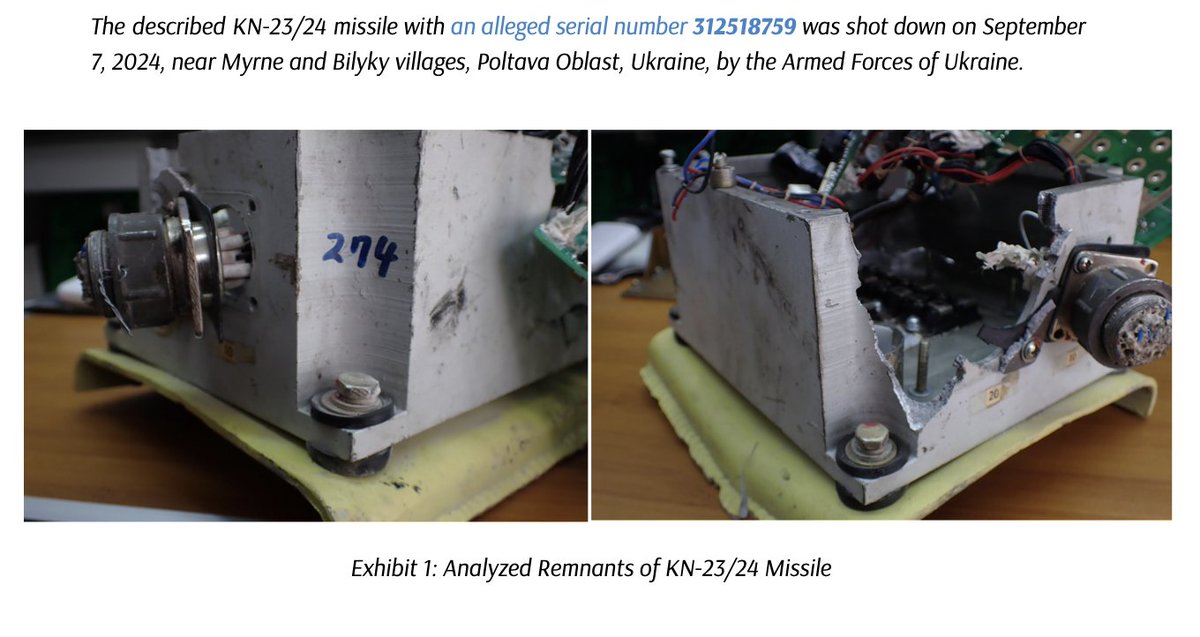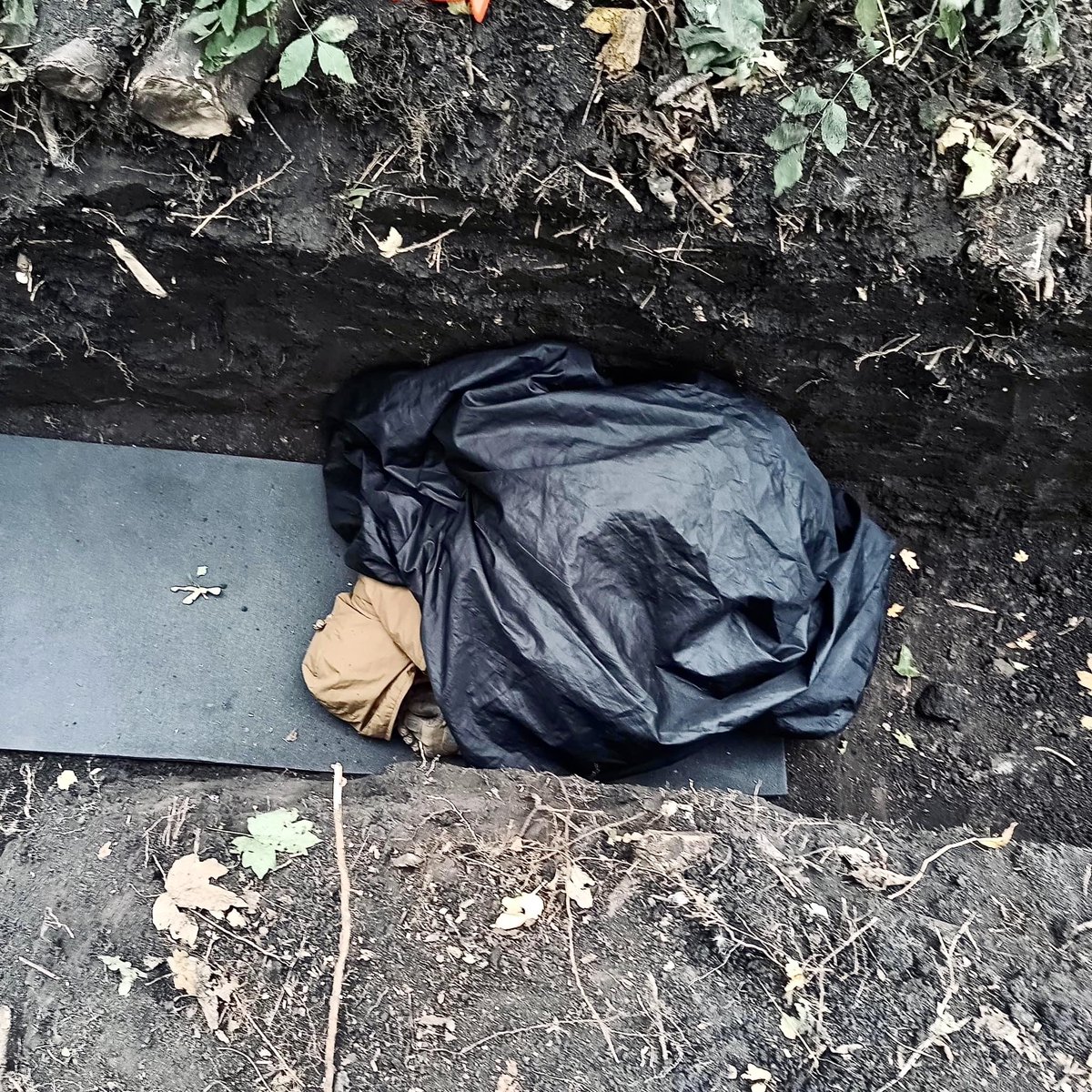Zelensky's "Make Russia Small Again" T-shirt shows the Principality of Moscow’s tiny 1462 borders. Russia’s control over modern Ukraine and its EU neighbors began only with the Soviet expansion—a blueprint Putin now seeks to revive 1/


https://x.com/nexta_tv/status/1849148364337668104
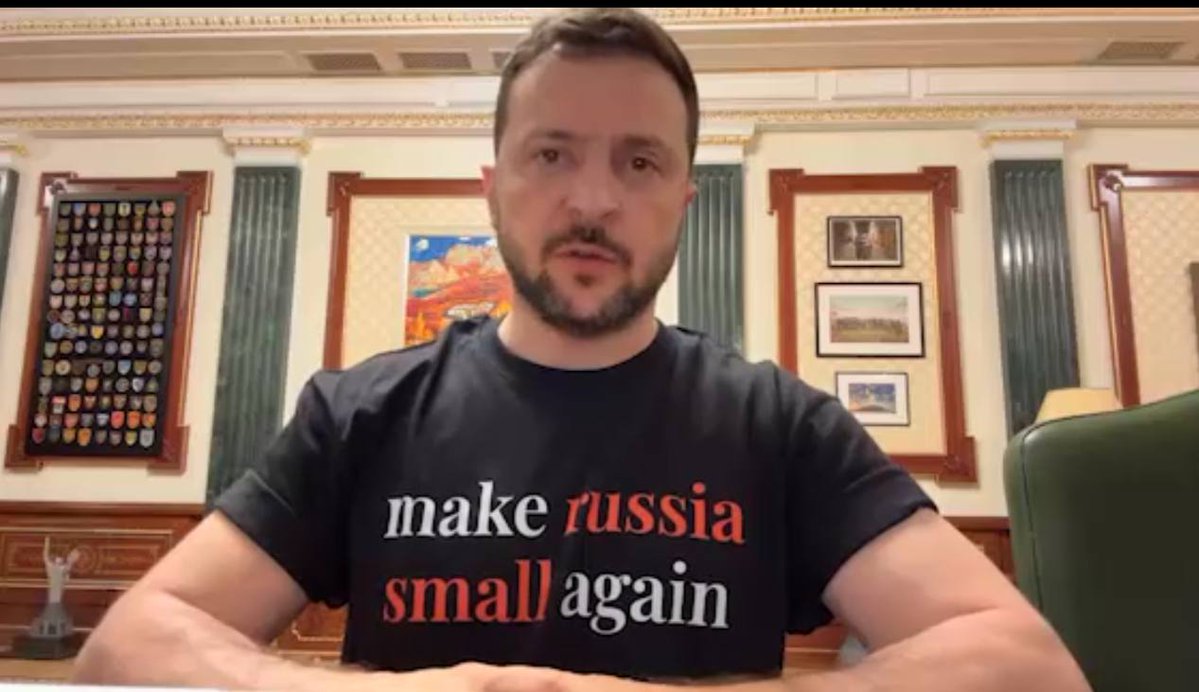
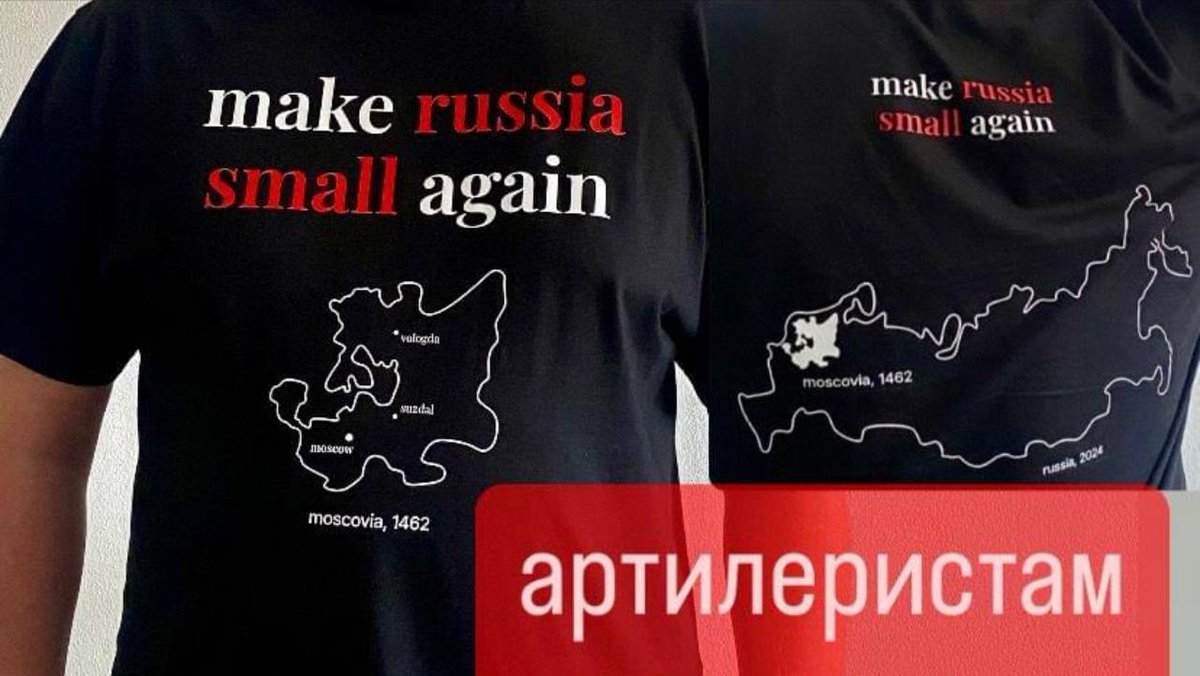
In 1462, the Principality of Moscow was a modest regional power in northeastern Europe. This period marks the beginning of the reign of Ivan the Great. Under him, Moscow began to consolidate power and expand its territory, setting the foundation for the future Russian state 2/
At that time, the Principality of Moscow encompassed Moscow itself, Suzdal, an ancient town northeast of Moscow, and Vologda, a town further north. The principality was under the suzerainty of the Golden Horde, the Mongol-Tatar empire 3/
After 1462, Russia's growth proceeded in several phases:
16th Century: Under Ivan the Terrible, Russia conquered the Khanates of Kazan, Astrakhan, and Siberia, pushing its borders eastward 4/
16th Century: Under Ivan the Terrible, Russia conquered the Khanates of Kazan, Astrakhan, and Siberia, pushing its borders eastward 4/
17th Century: Expansion into Siberia continued, reaching the Pacific Ocean. The Time of Troubles briefly interrupted growth but was followed by the establishment of the Romanov Dynasty 5/
18th Century: Peter the Great modernized the state and gained access to the Baltic Sea. Catherine the Great expanded southward and westward, including parts of Poland and the Crimea 6/
19th Century: Further expansion into Central Asia and the Caucasus regions, along with involvement in European affairs 7/
20th Century: The formation of the Soviet Union brought many neighboring countries into a single federal socialist state. After its dissolution in 1991, the Russian Federation retained significant territory, but lost neighboring countries. 8/
Under Putin, Russian government has squashed domestic dissent, eradicating any democratic and political opposition, brought into submission regions with independence aspirations, established control over media and elections. Russia has also increased GDP per cap more than 10X 9/
The source of Russian strengths is its natural resources: oil and gas. Russia economy is very vulnerable to pricing fluctuations. The domestic security, now together with military costs for operations in Ukraine, Syria and elsewhere, comprise 40% of the government budget 10/
In the recent decade, Russia has expanded its military operations outside of Russia, annexing Crimea, invading Georgia, supporting Syrian regime and establishing a base there, and finally, fully invading Ukraine 11/
Now, Russia is an overstretched empire with economic vulnerabilities. A downward shock to global oil prices will plunge Russia into a deep economic and political crisis. So, Russia is desperate to strengthen its economy and establish political ties with China & BRICS countries X
• • •
Missing some Tweet in this thread? You can try to
force a refresh


